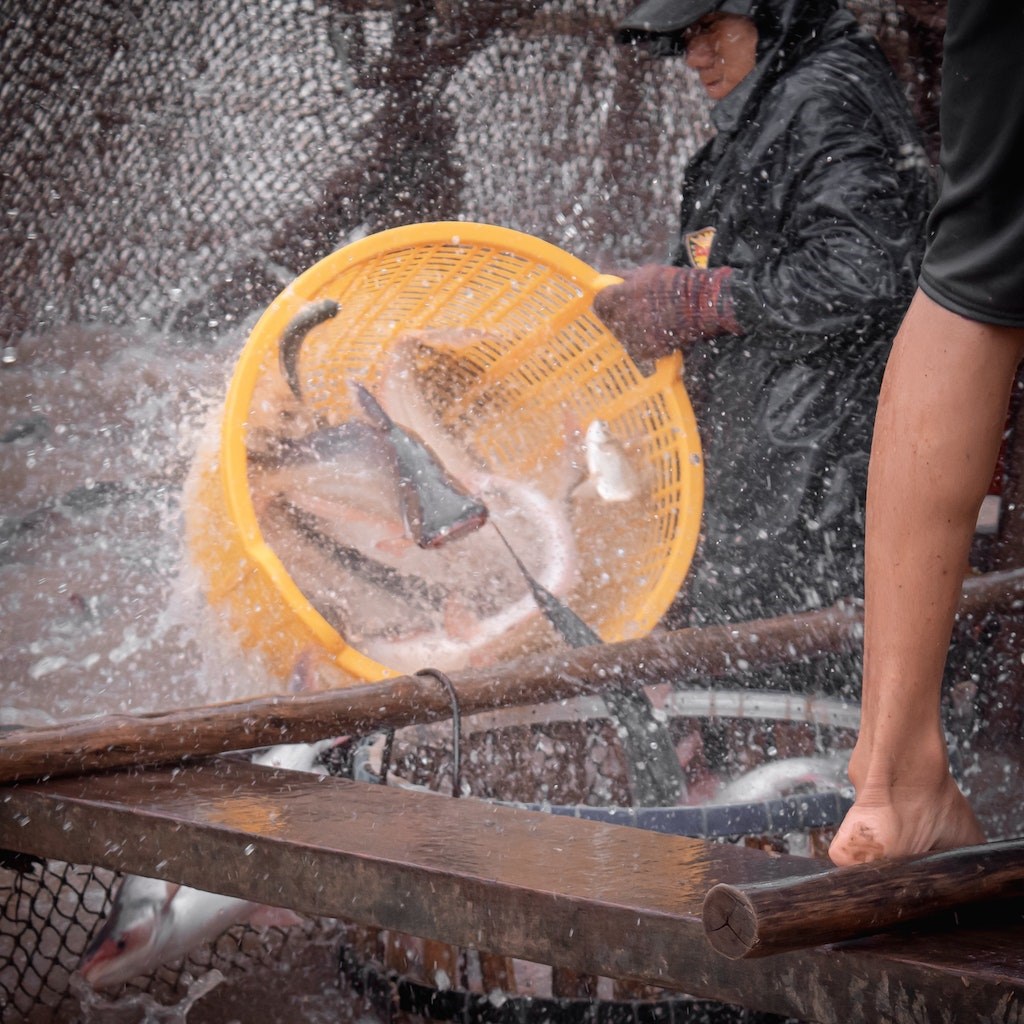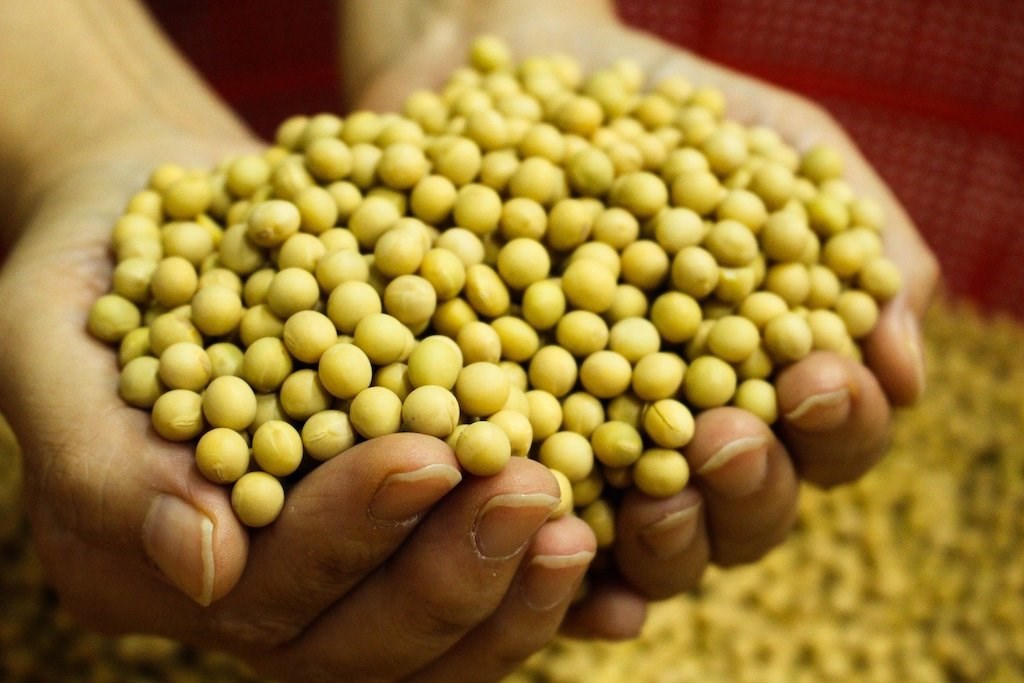
Meanwhile, the ASC biennial consumer survey reminded us of the growing desire of consumers to do their part and requiring credible solutions they can trust, with over 70% of consumers around the world believing claims about sustainability should be independently verified.
In December, as part of ASC’s drive for continuous improvement, greater opportunity was provided for stakeholders such as local communities and NGOs to contribute to decisions on Variance Requests (VRs), which provide the necessary means to adapt a global standard to specific local conditions without lowering requirements.
2021 will see the start of a public consultation for a new ASC Aligned Standard (applicable to all ASC species), aimed at benefiting farmers with a more efficient and consistent approach, while retaining the robust ASC requirements.

